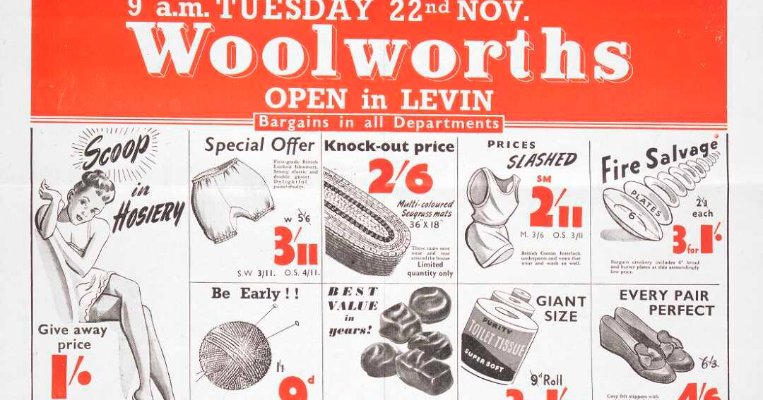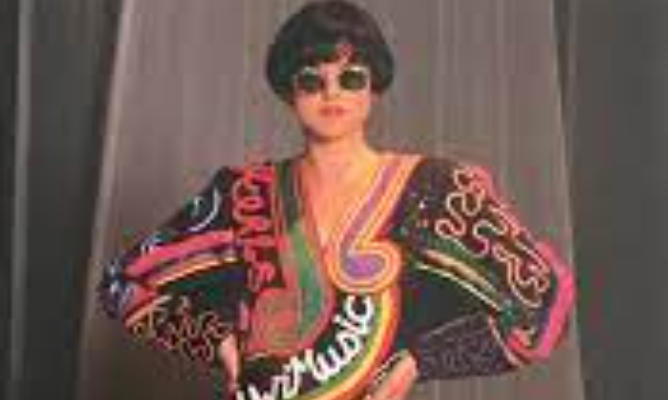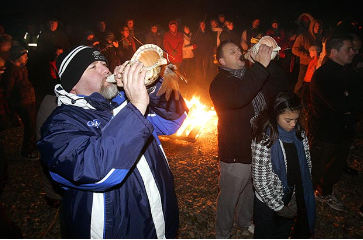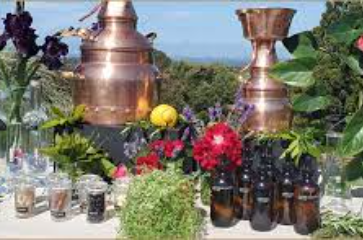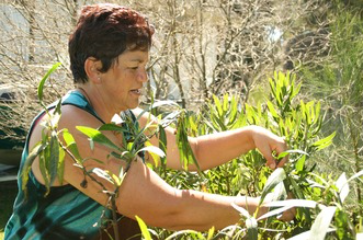The New Zealand Fashion Museum is for anyone with a love of fashion, heritage, innovation, and creativity. With no fixed abode other than an online address, it is a museum dedicated to the curation of New Zealand’s rich fashion past, making it relevant for the present and future.
Established in 2010 by Doris de Pont, the museum records and shares the stories of the people, objects and images that have contributed to the development of New Zealand’s unique fashion identity. It makes them visible and accessible to a broad audience through pop-up exhibitions, publications and an online museum. Wonderful garments can be viewed online. Or enjoy a self guided walk through Auckland called ‘Running the Show: Entrepreneurial Women in Auckland’. The stories on the walking tour peel back the layers of this often overlooked aspect of our cultural heritage.

